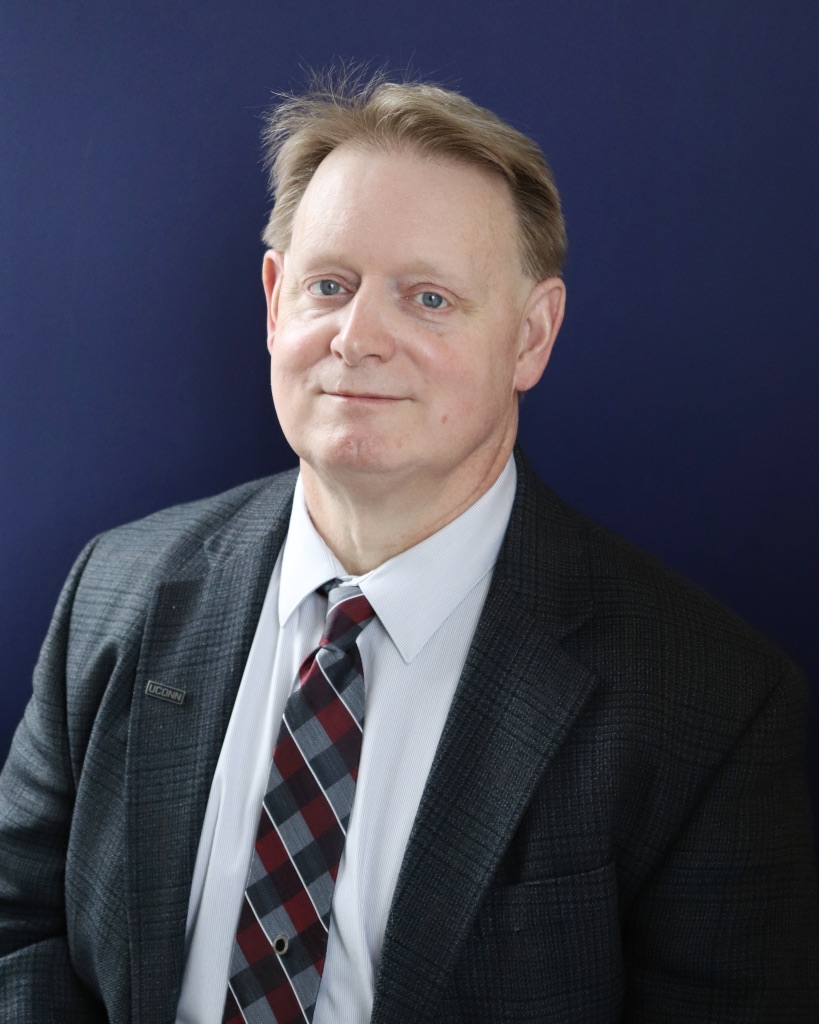Understand Climate Change and Prediction
A planet’s climate is primarily driven by the energy received from its Sun, which varies with latitude, season, and orbit. The complex interplay between the energy influx and atmosphere, ocean, and land has made Earth a unique planet with stable climate conditions for hundreds of millions of years. This long-term stability has allowed plants and animals to flourish, including humans! What sustained Earth’s temperate climate? What do projections say about future climate? How do we make climate predictions? How likely are our predictions to become reality? This summer experience program will guide you through building a computer model to answer these questions. This class will provide an immersive and interactive learning experience.
This course will prepare you for continued learning in disciplines such as earth and environment sciences, political science, and social justice in college. More specifically, upon completion of this course you will be able to:
- Explain the unique nature of ongoing climate change in the context of Earth’s climate history
- Make sense of climate projections
- Be able to conduct basic statistical analysis with a computer language

SCHOLARSHIP OPPORTUNITY: Through a grant from Faculty Early Career Development Program (CAREER) to Professor Feng and Department of Earth Sciences, UConn PCS will provide eligible students with a full scholarship which will enable students to participate in the Climate Science course at no cost. Please visit the Scholarships & External Funding page for details on eligibility and more.
Sessions Offered
Session 3: July 13 – July 19
Course Fees
Format
Residential, Non-Credit
Related Courses
This class is meant to be immersive, and students will:
- Model Earth’s energy balance, greenhouse effect, and feedbacks that drive planetary temperature evolution
- Model the carbon cycle and the evolution of CO2 in the atmosphere
- Estimate how temperature may evolve following different future socioeconomical development scenarios
- Analyze climate simulations and assess their uncertainty



Schedule at a Glance
7am – 9am: Breakfast
9am – 12pm: Class
12pm – 1:30: Lunch
1:30pm – 4pm: Class or Workshop
2:40pm – 4:45pm: Closing Ceremony on Friday
5pm – 7pm: Dinner
7pm – 9pm: Social Programming
10:30pm: Room Checks
Meet the Professor
Ran Feng, Ph.D.
Dr. Feng is a professor of Earth Sciences at UConn. She leads the Computational Climate Change Lab. Her research and teaching involve the study of climate evolution through Earth’s history and the implications of past warm climate states for future climate change. She develops computer simulations of past climates, which she uses to identify the physics that drive past climate states. Her work has improved the understanding of hydrological cycle, the role of vegetation and ice sheet in driving climate evolution, and the sensitivity of climate models. She has recently won the prestigious Faculty Early Career Development award from the National Science Foundation.




























